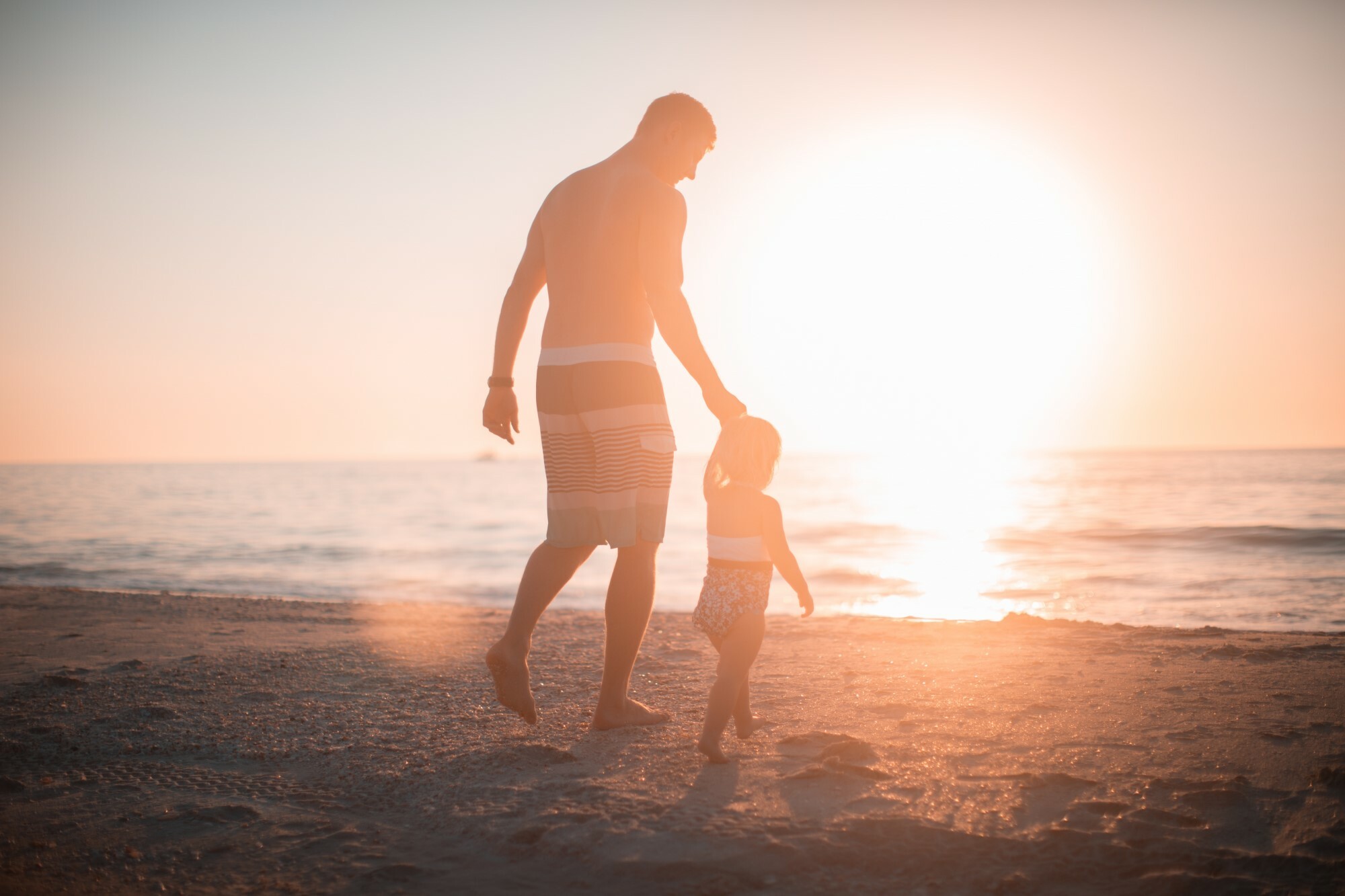‘Our lives begin to end the day we become silent about things that matter.’ - Martin Luther King
Imagine how you would feel if a young person in your life was in trouble and people stood around watching, but not helping. If we want our children to inherit a world that is fair, safe and supports others when they’re in trouble, we need them to help build that culture. And of course, we need to model the values and behaviour we hope to instil in children. Once you understand how and why adults should be taking action, you’re better able to hand those values on to the young people in your life.
Why do something?
Women are at a much higher risk of violence if they live in a culture that justifies or excuses violence against women and supports disrespect towards women and girls, rigid gender stereotypes and gender inequality. If we want our children to live with less violence, they must learn safe ways of doing something constructive when they see disrespect towards each other, and towards women.
- People are most likely to take bystander action when they know the behaviour they’re witnessing is serious and that others will support their actions.
- They’re less likely to act if they lack the confidence to take action, if they don’t think their actions will make a positive impact or if they don’t feel supported by others.
Once parents and carers understand the importance of taking bystander action, they have a great opportunity to inspire and support young people to do the same. This doesn’t mean young people need to put themselves at risk of harm; rather, it’s about encouraging them to take action before violence has even occurred by calling out the attitudes and behaviours that create a culture where violence is ignored or condoned. Teach children that there are many ways they can be an active bystander while staying safe.
Talking points
Try discussing and reinforcing these points with your children:
- Suggest young people think about how they feel and react when they see and hear sexism, and share information with them about how they can take action.
- They don’t have to be heroes and put themselves at risk. Young people have plenty of safe options that can make a big difference – it might be as simple as not laughing at those sexist jokes or suggesting a friend not forward those private images of someone else. They should always try to intervene calmly and respectfully, so they minimise the chances of getting into an argument or fight.
- Sexism, harassment and disrespect are important and serious.
- Every time someone shows their disapproval or speaks out, we build a better culture. But doing nothing does harm.
- Research shows 79% of Australians want practical tips on how to take action about disrespect towards women, but only 14% actually do something. Encourage kids to talk to their friends about the issues and work together.
- Know what you think, and have an idea of what to say and do when you do witness sexism or disrespect towards women.
Remember: every time you take bystander action it gets a little bit easier, and hopefully you’ve also made it easier for people around you to do the same.
For further resources, visit: www.doingnothingdoesharm.com.au and www.respect.gov.au.


